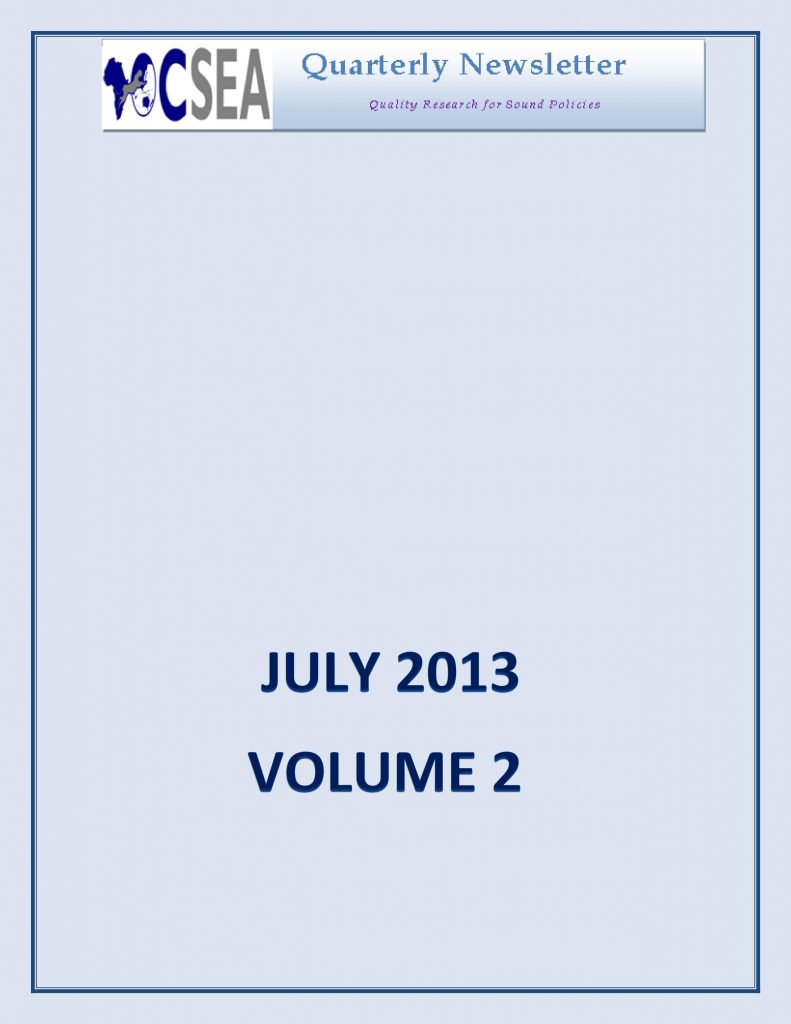Newsletters
Related
Nigeria Economic Update (Issue 5)
All Share Index (ASI) and Market
Capitalization declined by 13 percent to close at 23514.04 points and N8.09
trillion respectively at the end of the trade session on January 15.
The huge drop in the Index, representing a 3-year low, led to the introduction
of the Index Circuit Breakers Rule. While this policy measure may
prevent huge losses in the stock market, rising concerns about macroeconomic
stability in Nigeria may significantly increase the level of volatility in the
stock market. This may have substantial adverse implications for investors in
the Stock Exchange.

